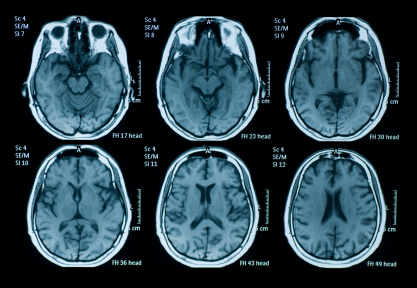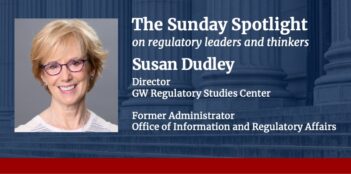
Hearing discusses how to address potential global crisis.
Seeking to shine a spotlight on the national and global resources needed to confront Alzheimer’s disease, members of the House of Representatives recently participated in a hearing on the disease.
Late last month, eight experts testified before the House Subcommittee on Africa, Global Health, and Human Rights on how to create effective strategies for treating Alzheimer’s disease.
Bill Thies, Chief Medical and Scientific Officer of the Alzheimer’s Association, explained that while an estimated 5.4 million American have Alzheimer’s today, as many as 36 million people currently have the disease worldwide – and researchers expect both statistics to increase significantly in the coming decades.
The panelists challenged Congress to approach Alzheimer’s disease as it has cancer and HIV/AIDS — providing increased research funding, which in turn has resulted in major medical advances. George Vradenburg, Co-Founder and Chairman of USAgainstAlzheimer’s, advocated proactive investment in “cutting-edge research to discover and develop effective Alzheimer’s treatments and therapies” rather than current research levels that have resulted in “lengthy home stays and lengthy hospitalizations.”
Dr. Acosta also discussed the need for national plans to combat the disease, citing examples in Australia, France, and South Korea. Several bills recently introduced in Congress attempt to create a similar domestic framework for combating the disease.
In May, Subcommittee Chairperson Rep. Christopher Smith (R-NJ) reintroduced the Alzheimer’s Breakthrough Act, which would appropriate research grants to develop a national Alzheimer’s strategy. Previously, Rep. Ed Markey (D-MA) and Sen. Debbie Ann Stabenow (D-MI) introduced the Health Outcomes, Planning, and Education for Alzheimer’s Act, which would provide Medicare coverage for Alzheimer’s diagnosis and patient care.
Both bills follow on the heels of the National Alzheimer’s Project Act, co-authored by Rep. Smith and Rep. Markey, that was signed into law in January. That law, according to Rep. Smith, “will layout plans for progress in research, services and new treatments of Alzheimer’s.”
The increased awareness generated at the recent hearing may contribute to support in Congress for still more legislation related to Alzheimer’s disease – as well as for approval of a larger budget for Alzheimer’s research.



